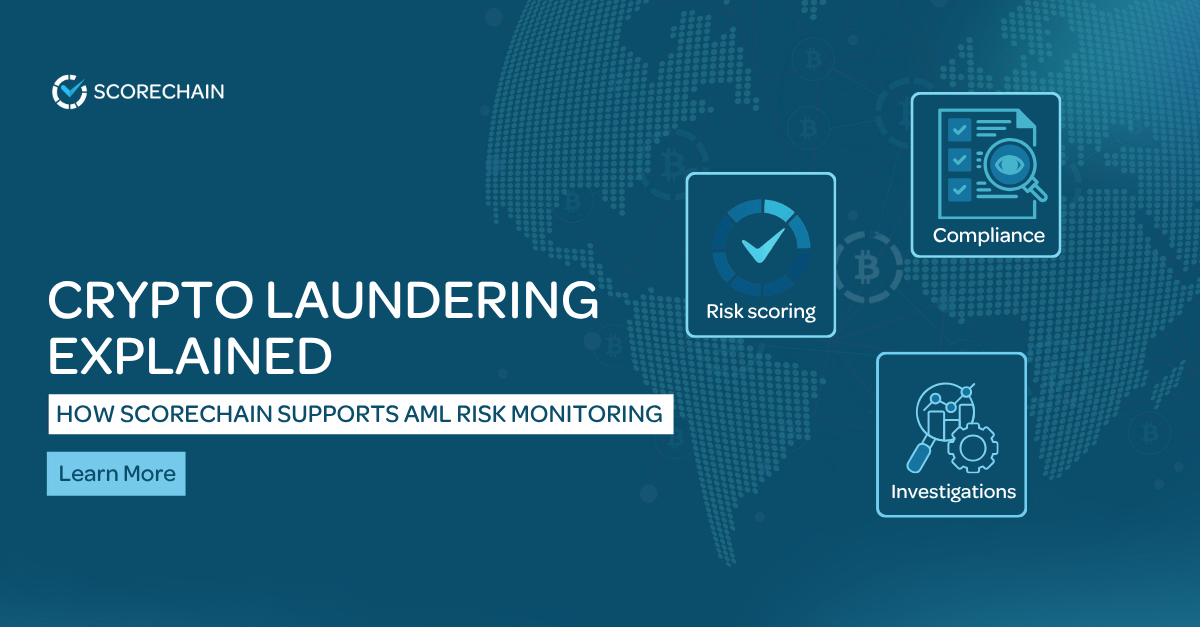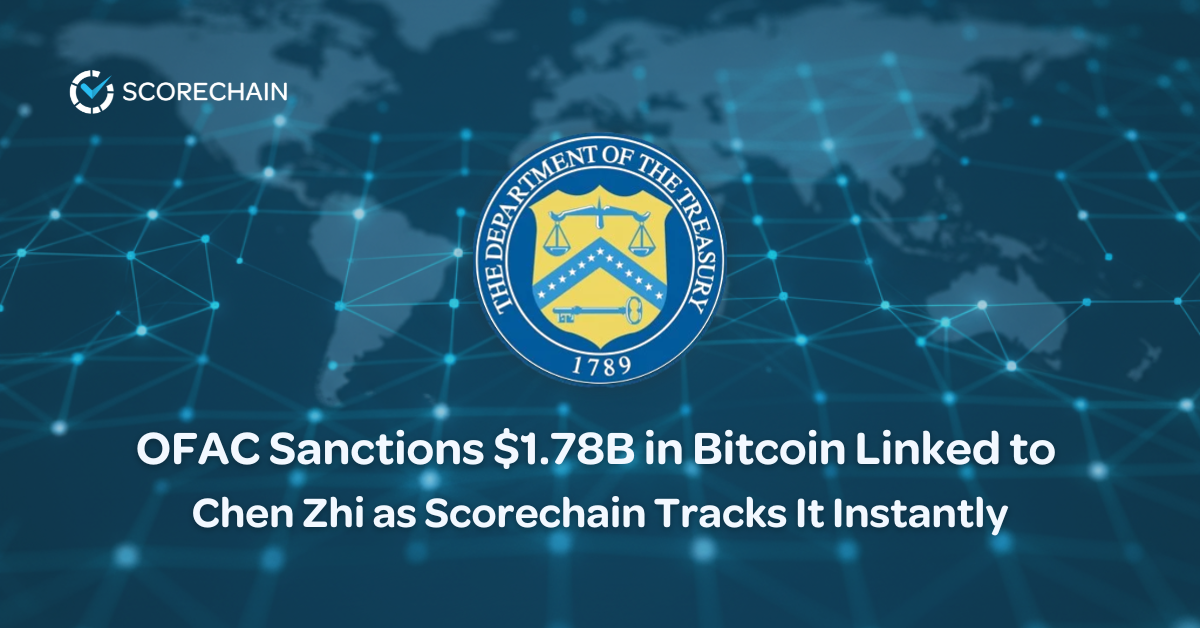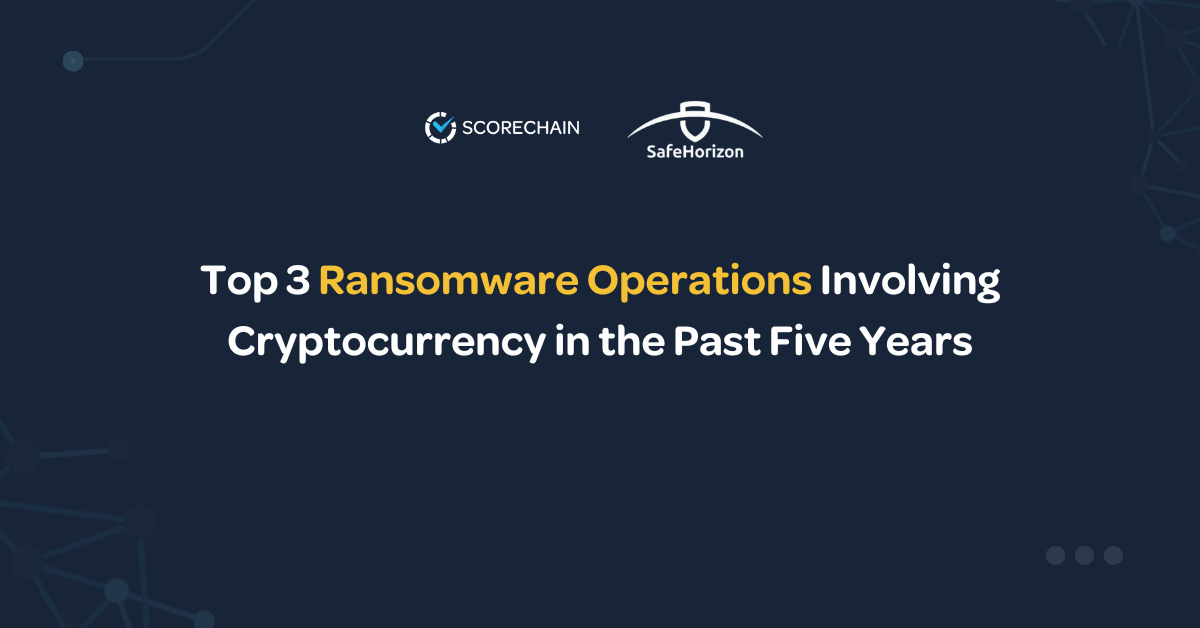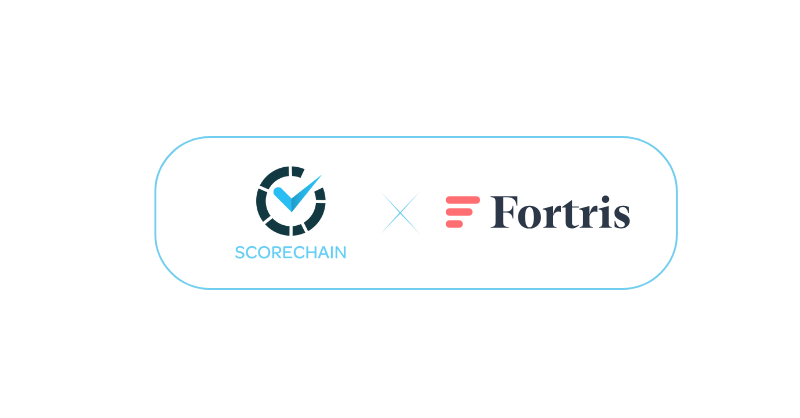Crypto assets are one of the most dynamic, fast-changing, and innovative parts of the financial services area. However, innovation comes with risks; one primary concern among policymakers is the potential for money laundering tied to such assets. To address this issue, firms operating with crypto assets must implement crypto AML & compliance measures consistent with those used in other financial services. A risk-based approach is crucial, and regularly updating risk assessments is especially important in light of the frequent changes in regulations. A comprehensive risk assessment is a fundamental step in this security process.
What is AML?
AML, or anti-money laundering, refers to regulations and rules to prevent, detect, and report money laundering activities. These regulations are designed to protect the financial system from being used to facilitate illegal activity and to prevent criminal proceeds from funding further illicit activities.
Money laundering is the act of disguising the criminal proceeds as legitimate funds, typically through the movements of money in a series of transactions or bank accounts to obfuscate its original source. Financial institutions and other regulated entities must follow AML rules to prevent their involvement in money laundering activities.
For instance, AML regulations require financial institutions and other obligated entities to report suspicious activities, keep records of their transactions, and implement internal controls to detect and prevent money laundering. These regulations apply to various financial and non-financial institutions, including banks, insurance companies, investment firms, and casinos.
What is crypto AML?
When someone mentions crypto AML, it refers to all the regulations and rules implemented that aim to prevent criminals from turning illicitly-obtained crypto assets for clean money. In the last few years, we have seen regulators react to the money laundering issue tied to crypto assets. And crypto AML regulation started democratizing, although it’s still largely uneven across jurisdictions.
Bitcoin recently turned 14. Since then, Bitcoin and other crypto assets have had time to develop and bring more business activities. However, crypto assets can represent money laundering and terrorism financing risks as blockchains offer enhanced pseudonymity and the ability to move funds rapidly and across borders.
Crypto AML regulations were designed to try to prevent these risks. These regulations usually require cryptocurrency exchanges, wallet providers, and other virtual asset service providers (VASPs) to implement a set of transaction monitoring measures to identify and mitigate money laundering, including:
- implement processes to track crypto activities and detect risky activities
- apply a risk-based approach and risk assessment processes
- investigate and report suspicious crypto activities to the regulator
- keep records of crypto transactions
Besides, crypto exchanges and other VASPs must comply with local AML requirements, just like traditional financial institutions. This may include registering with regulators, implementing customer identification and verification procedures (KYC), and performing sanction and PEPs screening.
The specific AML requirements for the crypto industry can widely vary by jurisdiction, as some have detailed frameworks in place, and others leave the industry unregulated for now. Therefore it is essential for obliged VASPs to be aware of and comply with the relevant regulations in all the jurisdictions they serve.
KYT and KYC
Know Your Transaction, or KYT, refers to the process of monitoring financial and crypto transactions to identify potentially fraudulent transactions.
Know Your Customer, or (KYC), is a common practice among financial institutions and VASPs. It refers to the process of verifying customers' identities and backgrounds before onboarding and ensuring they are not engaging in any illegal activities.
However, KYC alone is insufficient for organizations to understand their customers and their transactions completely. This is where KYT comes in, allowing businesses to monitor transactions and obtain additional information and insights into customer transactions.
Crypto AML & Compliance Program
In practice, a crypto AML & compliance program should ensure that an institution can detect suspicious activities associated with money laundering, including tax evasion, fraud, and terrorist financing, and report them to the appropriate authorities. The AML compliance program should focus not only on the effectiveness of internal systems and controls developed to detect money laundering but on the risk posed by the activities of customers and clients with whom an institution does business.
Scorechain provides blockchain analytics and compliance solutions for VASPs and financial institutions. Our software gathers identifying data, risk scoring, and financial analytics on blockchain entities and addresses. It can help you facilitate your crypto transaction monitoring process, understand the level of risk, and take appropriate measures in case of high-risk activity.
Interested in learning more about the solution? Request a free demo now.
About Scorechain
Scorechain provides a blockchain analytics and transaction monitoring platform for crypto assets. As a leader in crypto compliance, the Luxembourgish company has helped over 200 customers in 45 countries since 2015, ranging from cryptocurrency businesses to financial institutions with crypto trading, custody branch, digital assets, customers onboarding, audit and law firms, and some LEAs.
Scorechain’s platform supports 23 blockchains and over 10,000 crypto assets. It can de-anonymize blockchain data and connect with sanction lists to provide risk scoring on crypto assets, transactions, addresses, and entities. The risk assessment methodology applied by Scorechain has been verified and can be fully customizable to fit all jurisdictions. 300+ risk-AML scenarios are provided to customers with a wide range of risk indicators so businesses under the scope of the crypto regulation can report suspicious activity to authorities with enhanced due diligence.
.png)



















